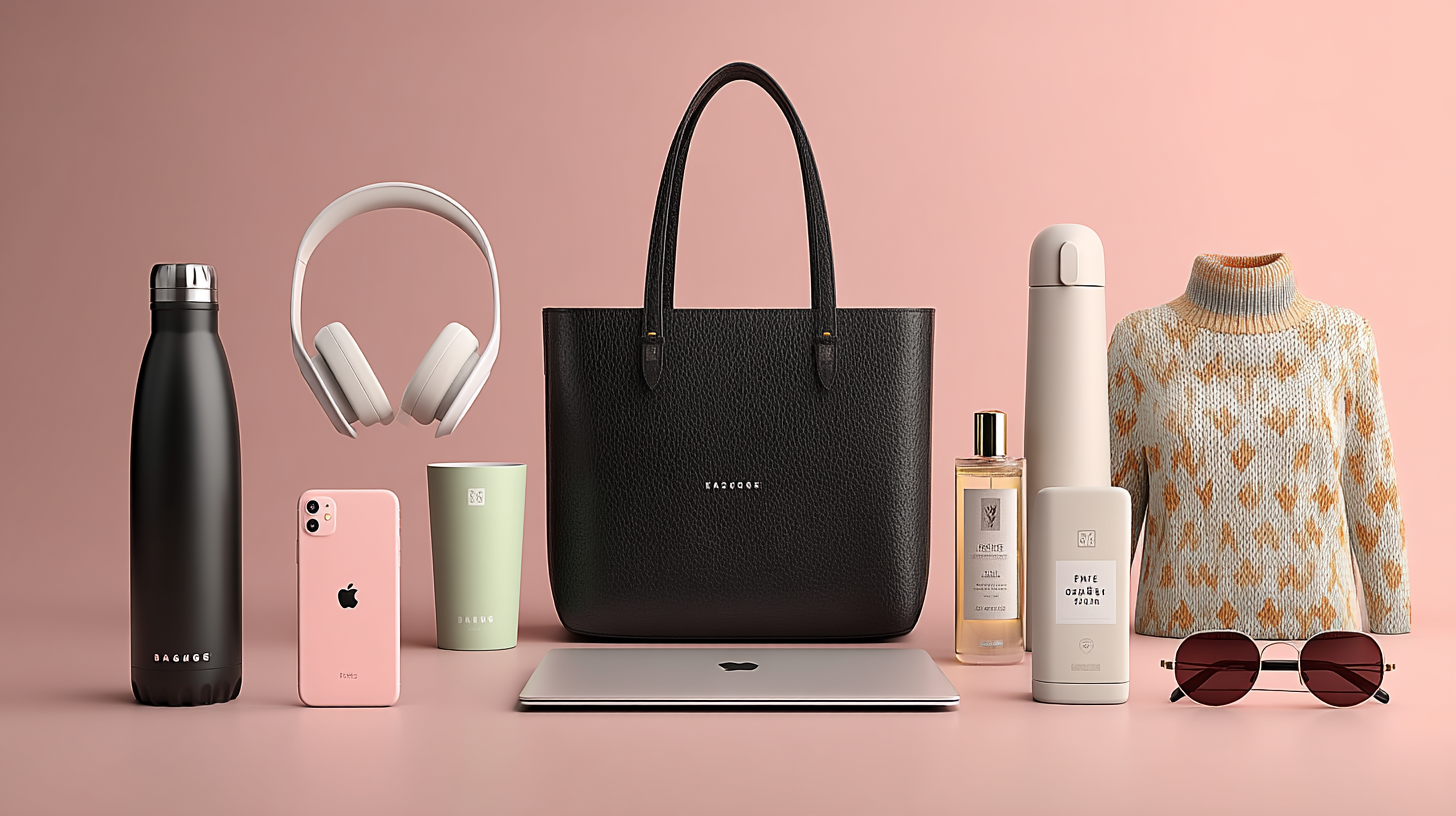I have a very radical thought process against consumerism. Having been a marketer for a better part of my life, or running a marketing agency, I understand the psychology of consumerism. Behind every glossy product that charms and seduces us is the same intent – to make us like it and preferably buy it.
One of the biggest conundrums of our aspiring generation is the value and self-esteem associated with brands. You drive Mercedes, you have arrived; that elite home at elite location, you have a place in society; that Rolex, you are rich; that Burberry, you fit into higher circles. These are perceptions. Brands hack consumer minds – that’s the only purpose. See, it is a basic human need to fit in, to aspire. Why? Because in ancient times, when a tribe wanted to punish someone, they ostracised him out of society and left him to spend days and nights on his own. We carry that primitive brain even now. We are afraid of being left out in dry. We want to fit in.
I have personally noticed consumers buying apparels or accessories that shout brand logos (as opposed to quiet luxury) so that they can show it off. It is quite a psychological fact that one feels higher self esteem being associated with a brand of high value. It is not entirely their fault. That’s the core fabric of society. We associate success or perception of it with materialism. Then we are sold a ‘dream car’, a ‘dream house’, a ‘dream vacation’. I call it a trap. Every time a Mercedes is sold, only Mercedes benefits, at least financially. That’s the hard and rude truth.
Every luxury ad is overlayed with style, charisma and aspiration. Most of us work hard because aspirations drive us. We want a bigger and better house, a bigger car and so on. Brands sell pride and we happily consume it. The evil entrepreneur in me rather be selling than buying.
On the flip side of it, think of making yourself a brand. The human brand. That requires effort, a stroke of genius. Mark Zuckerberg, one of the richest men on this planet, repeats his hoodies to work. Unfortunately, in this society, and moreover in Delhi, we openly judge person’s ‘aukad’ by things that are exterior. And people feel inferior if they cannot afford something that peer has.
This game of brand-consumer is never ending. Opulence is charming in nature. Quite controversially. I have given up on it. Apart from holidaying well (self-confessed indulgence), I rarely spend on brands that scream of opulence. I have often been told to dress better or wear better brands. I laugh it off. I don’t stay in a fancy locality. I have been asked to shift to a better one; I am comfortable in my abode. Having said that, I was a victim of consumerism in the past. I quite abhor it now. I am not judging those who don’t. But as a marketer I can definitely tell, each brand wants to make you feel insufficient. The choice is yours.

So true…each word echoes the harsh reality ….to fit in…the fear of being left out…
Love this!!
When HVD preaches, we listen 😤
Zuckerberg can afford to signal anti-materialism precisely because his wealth is already established. The hoodie itself becomes or is a brand statement (“I’m so successful I don’t need to try”). For most people, not following conventional status symbols without Zuckerberg-level proof of competence might just mean being invisible or dismissed.